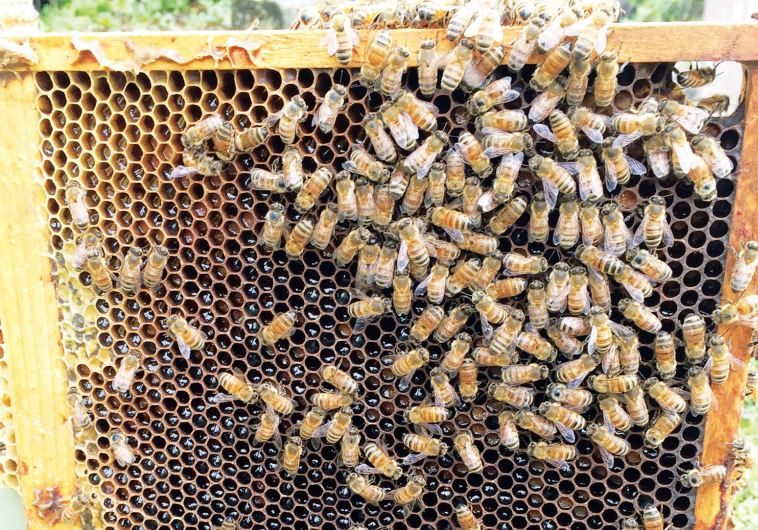Israeli researchers find what bees can teach humans about dieting
Bees can shift their foraging effort toward resources that complement nutritional deficits, Hebrew University scientists discover.
 Bees in their natural habitat(photo credit: DVORAT HATAVOR)Updated:
Bees in their natural habitat(photo credit: DVORAT HATAVOR)Updated: